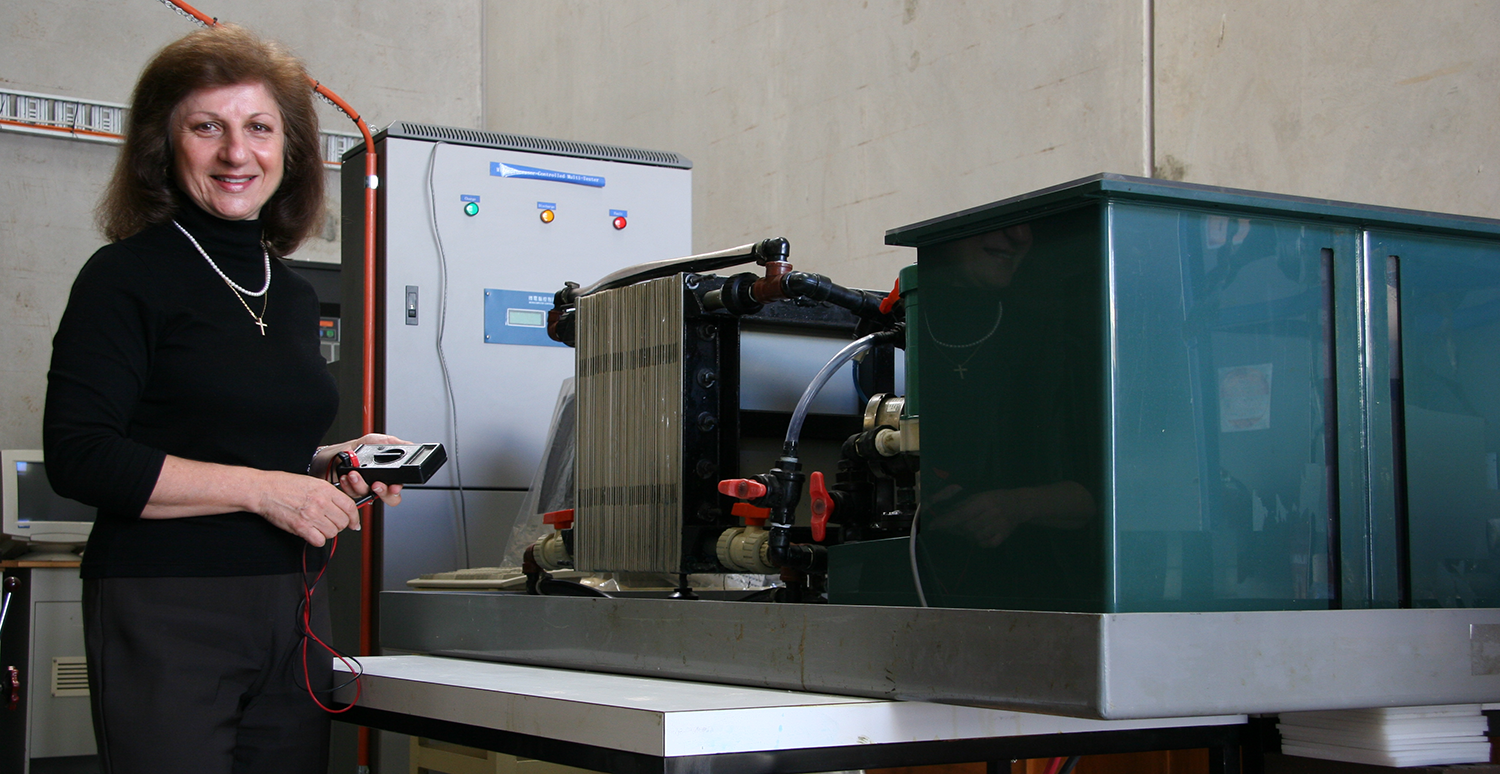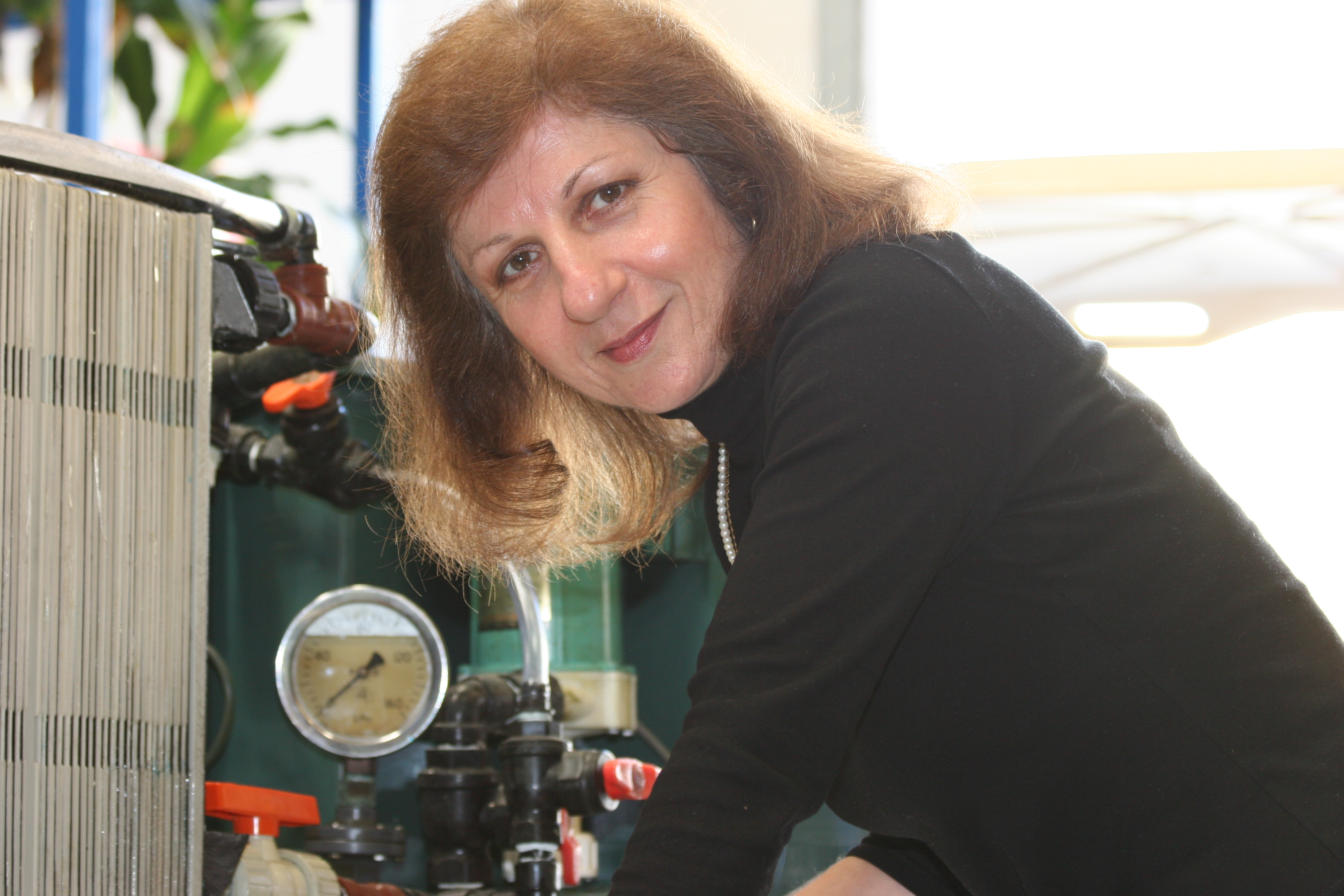You’re a world-renowned engineer, yet you also studied drama and art. How did this shape your career?
When I was young, I used to think that science and creative arts were totally different. As an undergraduate, I found engineering and science subjects very dry. I was thrilled to have the opportunity to take several general studies courses, including drama, art history and sociology.
In parallel, I always had a passion for history and read widely. These interests kept me motivated to complete my degree, with the intention of changing my career on graduation so that I might follow my passion.
Once I became involved in research, however, I realised that science and engineering are just as creative as art or drama. I feel that having multiple perspectives helps you to think on a different plane and opens the mind to possibilities beyond the written text book. In fact, it helps you to see the beauty of science!
What advice would you give to women pursuing a career in STEM?
During the 1990s and 2000s, much of my time at UNSW was spent visiting high schools, promoting careers in engineering, especially for girls.
Over the years, we have seen a huge increase in the numbers of women undertaking chemical engineering, and to a lesser extent, other engineering courses. Women have been outperforming male students in most HSC subjects for many years now, so I don’t believe they’re as uncertain about their competence in science and maths.
But they are still influenced by social perceptions about engineering and the status of engineers compared to doctors and lawyers. They also lack the confidence needed to promote themselves in the workplace.
My advice to young women has always been to recognise the invaluable contributions that engineers are making to improving our environment and to ensuring a future for the planet.
I tell them to keep all their options open at school, and that means including STEM courses. Sadly, the scaling of HSC subjects in recent years has led to many bright students (both girls and boys) choosing easier options to maximise their ATAR. This has seen fewer students taking STEM subjects and progressing into science and engineering courses at university.
For those women (and men) embarking on engineering, or any other career for that matter, my advice is to remember that there’s more to life than work. More and more we see young people working 12-15 hours a day. Keep things in perspective and make time for all the other important things in life.
I feel blessed that in my engineering career, work and meaning haven’t been mutually exclusive. Doing something that might help humanity and the planet is so rewarding that it’s possible to forget that it’s “work”.











